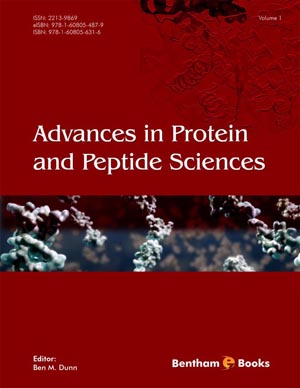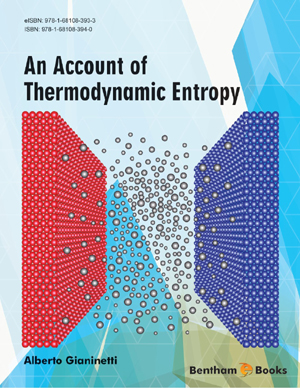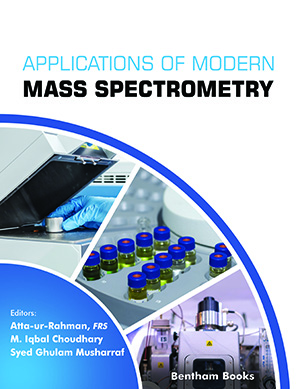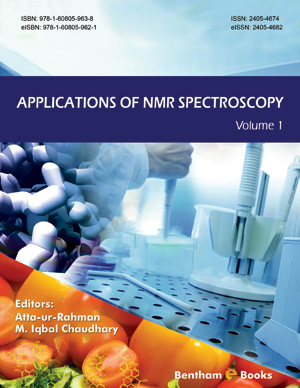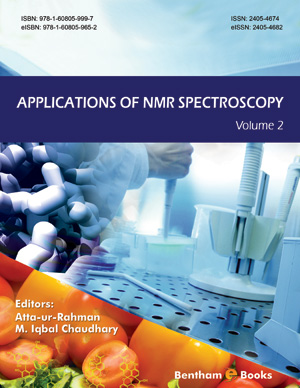Abstract
Free radicals are ubiquitous, reactive chemical entities. Free radical reactions are an important class of synthetic reactions that have been traditionally performed in organic solvents. In recent years, the number of reports of free radical reactions that use water and alternative media such as supercritical CO2, ionic liquids, fluorous solvents and in solid state has increased [1-3]. Radical reaction is one of the most useful and flexible methods for organic reactions in alternative media, because most of the organic radical species are stable in water and alternative media, and they do not react with water or unusual media. There is a specific focus on C-H and C-C bond forming reactions as they represent the major classes of the most useful and utilized class of free radical reactions in “Streamline Free Radical Organic Synthesis”. In addition several important electron transfer processes as well as free radical non-chain synthetically useful reactions in high throughput environment and applications will be discussed with the specific emphasis on mechanistic and application aspects of these transformations. Finally the role of cyclodextrins as a new class of molecular reactors is discussed and the novel synthetic applications in streamlining free radical chemistry in batch reactors, flow-through reactors and “tea bag” reactors is described in detail.
Keywords: Free radicals, molecular technology, polyHipe, host-guest chemistry, alternative drug delivery systems, photo- initiation, polarity-reverse catalysis, teabag reactions, flow-through reactors, molecular recognition.

















